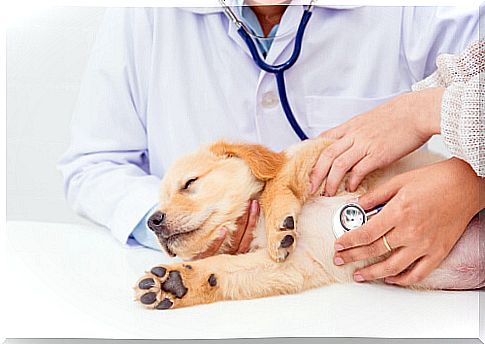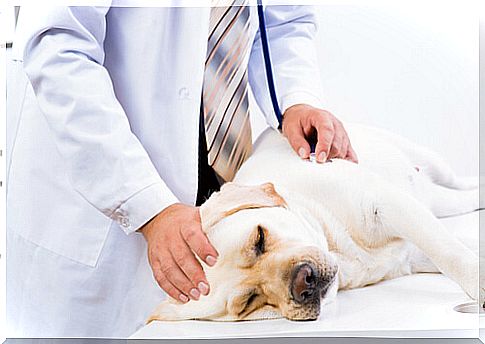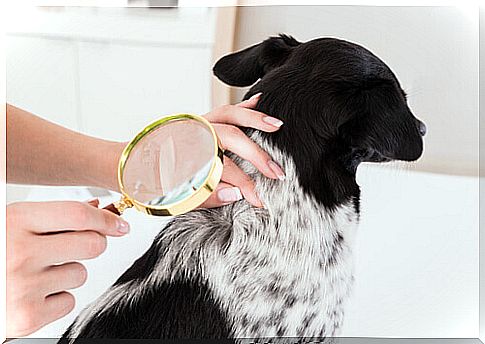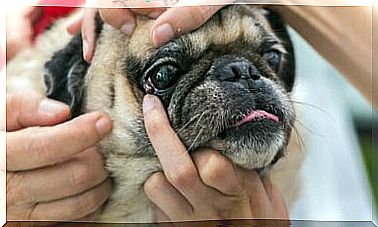When To Do A Pet Health Check?

A pet health check should be part of your grooming routine. Unlike people, our pets cannot tell us that they have a problem like toothache, earache, reduced vision, or pain in the belly.
Thus, we detect such problems only when they become so severe that they develop obvious signs. Therefore, it is very important that our pets receive periodic health checks by a veterinarian to detect these problems from the beginning.
Why is a pet health check-up valuable?
Unfortunately, cats and dogs have a much shorter lifespan than their owners and age more quickly. For this reason, annual health visits are so important for cats and dogs.
This fact needs to be fully understood:
- Puppies reach maturity very quickly and are essentially teenagers or young adults by their first birthday. In general, their age is considered equivalent to 15 years when they turn one year.
- During the second year, the rate of aging slows down a bit, so the average dog is considered equivalent to a 24-25 year old by his second birthday.
- After that, the rate of aging is estimated at 4-5 years per calendar year, depending on size and breed.
- Large breed dogs age relatively faster than small breed dogs. By the time a dog turns six, it will be middle-aged, if it is a small or medium breed dog, or geriatric, if it is a large breed dog.

Health checkup for pets from birth to one year
You will need to have your little one vaccinated every three to four weeks until he is 16 weeks old. Dogs will receive vaccinations against rabies, distemper, and other diseases. They may also need vaccinations to protect against health problems like kennel cough, the flu, and Lyme disease.
For cats, they will be tested for feline leukemia and feline immunodeficiency virus. They also receive vaccinations that cover various diseases. At this stage your pet will also start taking heartworm and flea and tick prevention medications.
Your vet will examine your puppy or kitten to make sure he is growing well and showing no signs of illness. It will check again, around six months, when you bring your pet in to be spayed or neutered.
The checkup of the adult pet: 1 to 7-10 years
During this stage, veterinarians recommend annual check-ups. Annually, your vet will give your pet a head-to-tail physical exam and perform a parasite check.
In dogs , a blood sample will be taken to check for heartworms. Your vet may recommend other tests based on any problems your pet has or anything unusual they see during the exam.
During the first annual check-up, it will be time for booster vaccines against parasites and rabies. After that, how often animals receive rabies boosters depends on state law.

The checkup of older pets: from the age of seven
In general, veterinarians suggest semi-annual checkups for older pets. Your cat or dog will receive vaccinations when necessary and will undergo a complete physical exam.
In addition, follow-up tests will be conducted on any problems present. Blood and urine tests can give your vet information about your pet’s kidney and liver health, thyroid hormone levels, and more.
The veterinarian’s questions will seek to investigate any change in habit: increased water consumption or decreased energy. These could be signs of a new problem, such as kidney disease or arthritis.









